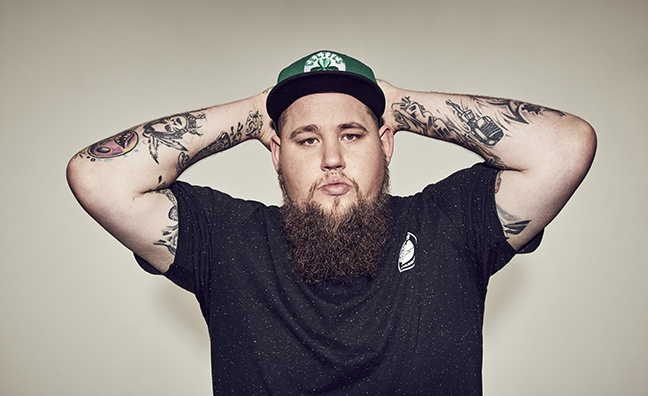There will be sighs of relief around the music business this week at the news there’s been a 300% increase in the number of UK debut albums in 2017’s Top 200 at the halfway stage.
Even better, those releases are selling in much bigger numbers: this time last year, no 2016 debut had even gone silver. Twelve months on, three are already above gold.
But, as ever, the numbers are only part of the story. Of the ‘grateful eight’ breakouts, only Harry Styles and, perhaps, Dua Lipa are making traditional pop music. Even Rag’N’Bone Man, a double platinum-plus success, breaks the mould while there are no guitar bands - in times past, a source of many a UK breakthrough - on the list. Many of the acts are on indies, or the majors’ smaller imprints, rather than the frontline pop labels.
Instead, grime, R&B and rap are coming through, while most of the breakthroughs are testament to both the increasingly eclectic nature of new UK music and long-term artist development. The days of launching an act off the back of a single hit and some mainstream media support may be gone, possibly for good, but in their place are a myriad of opportunities for those artists and labels (and managers and publishers and…) prepared to put the leg work in.
So, while the mini-crisis of 2016 may be over, the work starts now. The public is sending a clear message with the type of artists they’re investing in: they want fresh, innovative music with personality and a story behind it.
Thankfully, that’s always been UK music’s forte. And, if the grateful eight are to become the grateful 16 or 24, the biz will need to play to those strengths more than ever.








